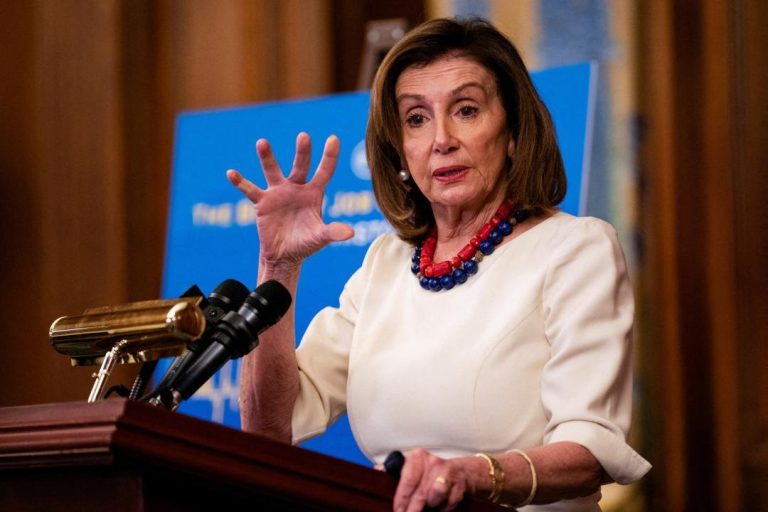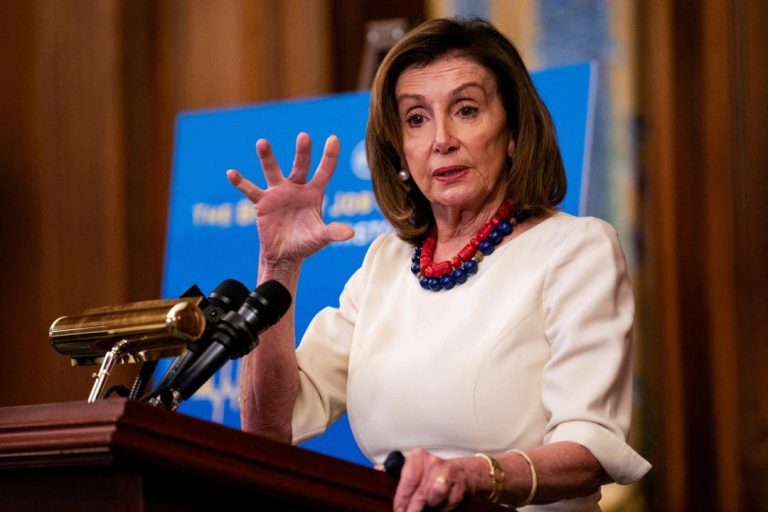
US Retains India on ‘Priority Watch List’ for IP Rights Violations
The United States has once again placed India on its “priority watch list” for violating intellectual property (IP) rights. The US Trade Representative’s 2025 Special 301 report highlighted India’s lack of progress on many long-standing IP concerns, including patent issues. This move by the US is likely to have significant implications for India’s economy, particularly in the pharmaceutical and technology sectors.
The US Trade Representative’s report, which is released annually, assesses the intellectual property protection and enforcement of countries around the world. The “priority watch list” is reserved for countries that have failed to make significant progress in addressing IP concerns. India has been on this list for several years, and the latest report suggests that the country has not made sufficient progress in addressing these concerns.
One of the main reasons for India’s inclusion on the “priority watch list” is its patent regime. The US has been critical of India’s patent law, which it claims is not in line with international standards. The US has been pushing India to make changes to its patent law to align it with international norms, particularly in the area of pharmaceutical patents. The US has also been critical of India’s policy of granting compulsory licenses for patented drugs, which it claims is not in line with international law.
Another issue that has been raised by the US is India’s high customs duties on IP-intensive products. The US has been critical of India’s high tariffs on products such as pharmaceuticals, medical devices, and technology goods. The US has argued that these tariffs are not only harmful to US companies but also to Indian consumers, who are forced to pay higher prices for these products.
The US has also been critical of India’s enforcement of IP rights. The US has argued that India’s IP enforcement regime is inadequate and that the country’s courts are not equipped to handle complex IP cases. The US has also been critical of India’s lack of cooperation with the US on IP enforcement issues, including the sharing of information and coordination on IP-related investigations.
The inclusion of India on the “priority watch list” is likely to have significant implications for the country’s economy. The US is one of India’s largest trading partners, and any restrictions on trade imposed by the US could have a significant impact on India’s economy. The US could impose tariffs or other trade restrictions on Indian products, which could lead to a decline in Indian exports to the US.
The US could also use its influence to push India to make changes to its IP regime. The US has a significant presence in India, and any changes to India’s IP regime could have implications for US companies operating in the country. The US could use its influence to push India to make changes to its patent law, to reduce its tariffs on IP-intensive products, and to improve its IP enforcement regime.
The Indian government has responded to the US report by saying that it is committed to strengthening its IP regime. The Indian government has argued that it has made significant progress in recent years in strengthening its IP regime, including the introduction of new laws and regulations. The Indian government has also argued that it is committed to working with the US to address IP-related concerns.
In conclusion, the US has retained India on its “priority watch list” for violating intellectual property rights. The US has been critical of India’s patent regime, its high customs duties on IP-intensive products, and its enforcement of IP rights. The inclusion of India on the “priority watch list” is likely to have significant implications for the country’s economy, particularly in the pharmaceutical and technology sectors. The Indian government has responded to the US report by saying that it is committed to strengthening its IP regime and working with the US to address IP-related concerns.
Source:



